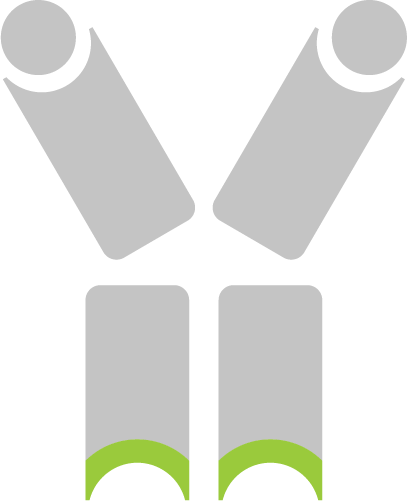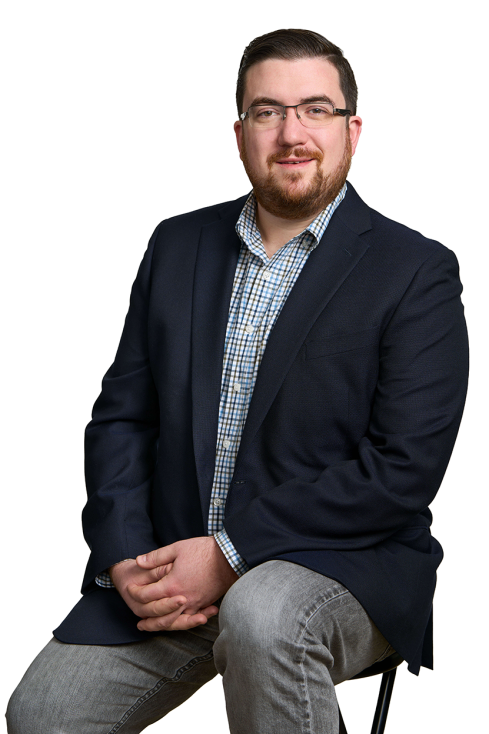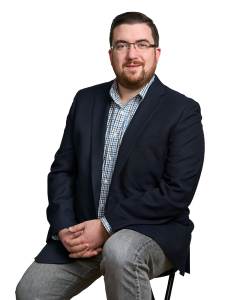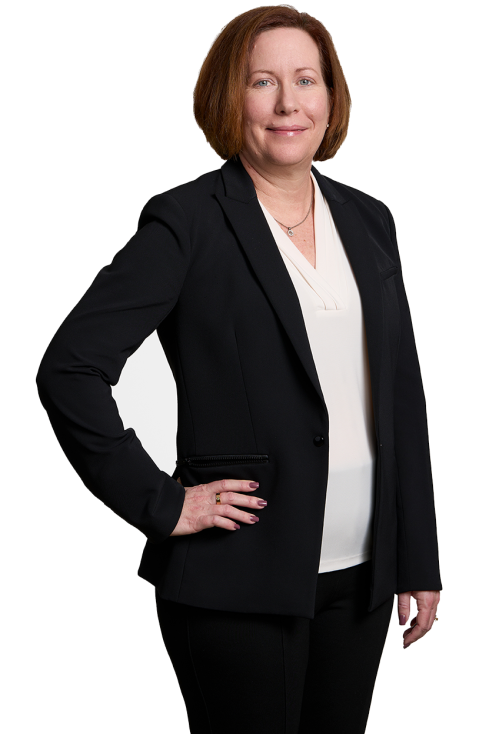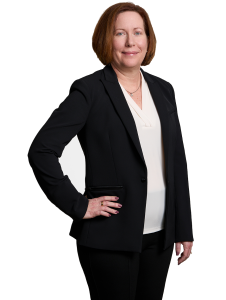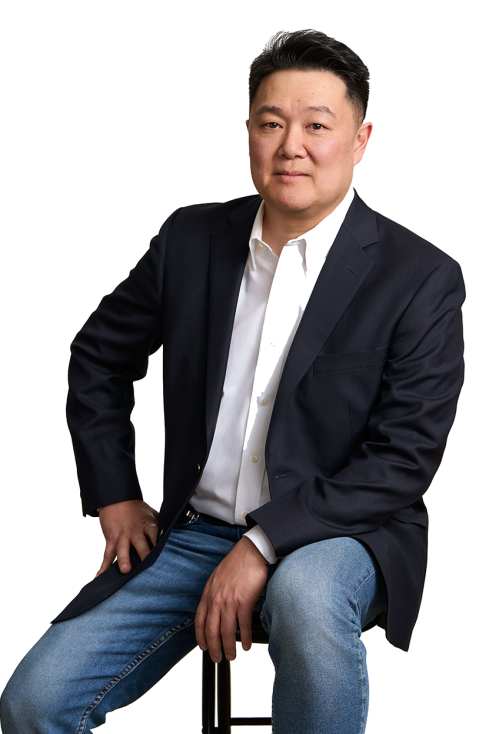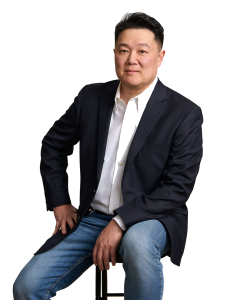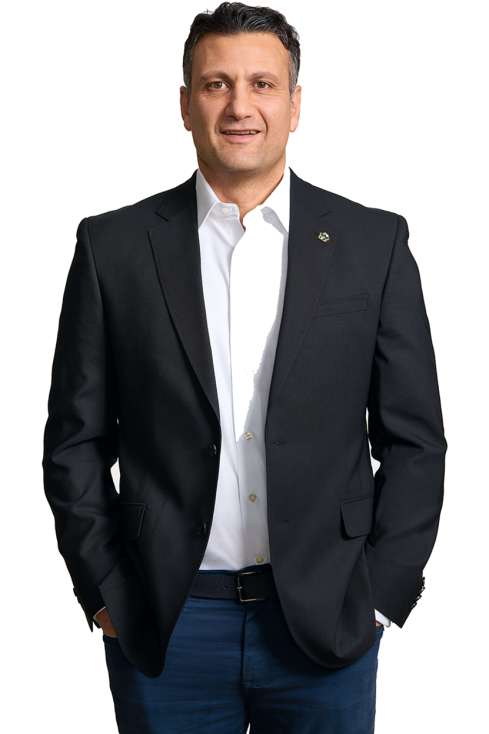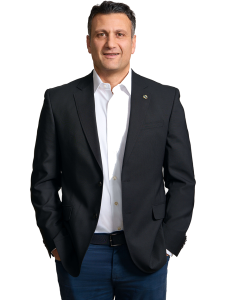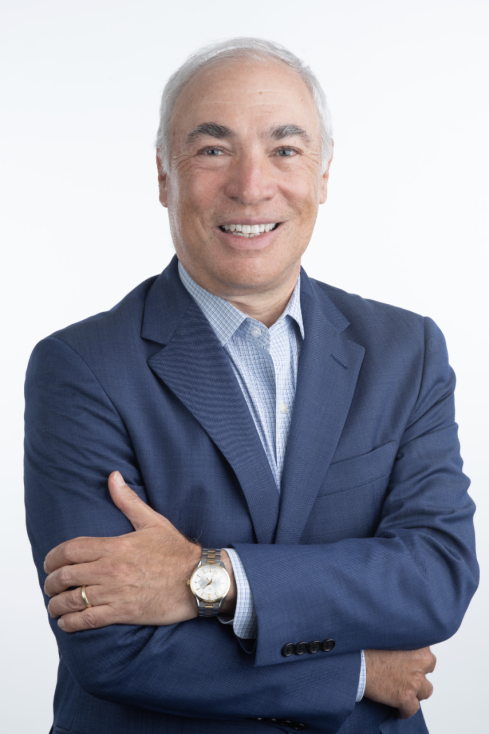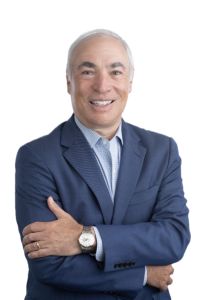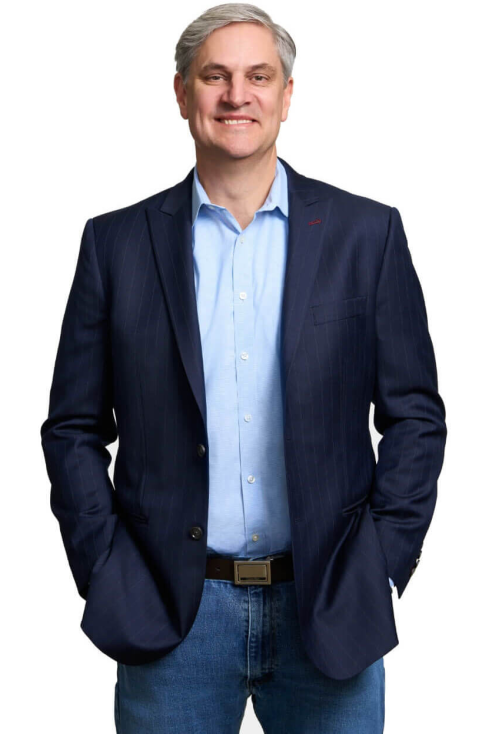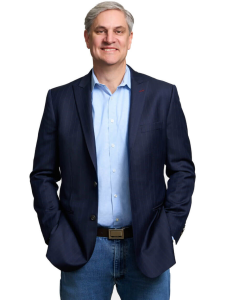Germantown, MD (November 4, 2021) – Deka Biosciences is pleased to announce the appointment of six new members to its Scientific Advisory Board: Aurélien Marabelle, MD, PhD (Gustave Roussy), Aung Naing, MD, FACP (MD Anderson Cancer Center), Abhishek Tripathi, MD (OU Health Stephenson Cancer Center), Khusru Asadullah, MD (The Charité – Universitätsmedizin Berlin, Dermatological Practice in Potsdam), Hans-Dieter Volk, MD (The Charité – Universitätsmedizin Berlin), and Florin Selaru, MD (John’s Hopkins University).
“It is my honor to welcome such a highly esteemed group of world leaders and experts in regulation of the immune system to the company’s Scientific Advisory Board” said Dr. John Mumm, CEO, Deka Biosciences. “Each member will be invaluable to Deka as we continue to develop our Diakines™ into the next generation targeted cytokine platform that drive cures in both cancer and in patients suffering from autoinflammatory disease.”
Oncology Scientific Advisors
Aurélien Marabelle MD, PhD, is a Senior Medical Oncologist in the Drug Development Department (DITEP), a group leader in Prof Laurence Zitvogel’s lab (INSERM U1015) and the Clinical Director of the Cancer Immunotherapy Program at Gustave Roussy, which he joined in Oct 2014. He received a MSc & PhD in Oncology & Immunology from Ecole Normale Supérieure de Lyon, King’s College London & University of Lyon and completed his post-doctoral fellowship in Prof Ronald Levy’s lab at Stanford University, California. He trained at the University of Paris VI medical school and received his medical degree from the University of Clermont-Ferrand. He completed his medical residency at Clermont-Ferrand & Lyon, followed by a clinical fellowship at Léon Bérard Cancer Center in Lyon. Dr Marabelle is a member of ASCO & AACR and is board-certified in Pediatric Oncology & Cell Therapy.
Aung Naing, MD, FACP, is a Medical Oncologist with experience in conducting innovative clinical trials to determine dose levels, safety profiles, and preliminary efficacy of investigational agents, particularly immunotherapeutic agents. Focusing on clinical translation of basic immunobiology, Dr. Naing’s research interests include (1) identifying immunologic biomarkers to predict response/resistance/toxicity to immunotherapeutic agents, (2) developing immunotherapeutic strategies to overcome resistance, and (3) developing treatment algorithms for management of immunotoxicities. Dr. Naing has authored and co-authored manuscripts in this area and has been published in peer reviewed journals.
Abhishek Tripathi, MD is an assistant professor of medicine in the section of hematology/oncology. Dr. Tripathi specializes in the treatment of prostate and urologic cancers. His research interests include clinical trials focusing on novel therapeutic strategies in kidney, bladder and prostate cancer. Dr. Tripathi completed medical school at the University of Delhi in New Delhi, India. He subsequently completed his Internal Medicine Residency at the University of Massachusetts Medical School followed by a hematology/oncology fellowship at the University of Massachusetts-Baystate Medical Center. During his final year of fellowship he was awarded the honor of Chief Fellow. He is board certified in internal medicine, hematology, and medical oncology. He is an active member of the American Society of Clinical Oncology and has served on their Professional Development Committee and Clinical Practice Guidelines Committee.
Autoimmune/Inflammatory Scientific Advisors
Khusru Asadullah, MD is owner of a dermatological practice in Potsdam and Professor of Medicine at the University Hospital Charité in Berlin, Germany. He graduated from the Medical School Charité, Berlin and the Harvard Business School, Boston. He is a board certified Dermatologist and Immunologist. He has 17 years of industrial experience, working in management positions for Schering AG and Bayer AG, in Germany and the US. He was Vice President and Head of Global Biomarkers, Target Discovery, and Inflammation and Immunology research. Over the past years he made contributions in particular in translational medicine, cytokines, biologicals, kinases and nuclear receptors. His clinical and research focus is on inflammatory skin diseases. He published more than 160 articles in peer reviewed journals, is a member of international editorial boards and previously served as chief editor of Advances in Precision Medicine. His current major research activities are in the fields of inflammation, cytokines, biomarkers, personalized and translational medicine.
Florin Selaru, MD is currently an Associate Professor of Medicine and Oncology, Division of Gastroenterology and Hepatology and Sidney Kimmel Cancer Center, Johns Hopkins University. He is also a member of the Institute of Nanobiotechnology at Johns Hopkins University. Since its start in 2009, Dr. Selaru has also been directing his basic and applied science laboratory in cancer research at Johns Hopkins. Dr. Selaru’s focus is in bringing cutting edge molecular biology, genetics and engineering to the care of patients with gastroenterological disorders, in particular patients with GI cancers. His laboratory focuses on premalignant conditions such as colonic inflammation that can lead to colon cancer and inflammatory conditions of the hepatobiliary tract (such as primary sclerosing cholangitis or liver cirrhosis/fibrosis) that can lead to cholangiocarcinoma or hepatocellular cancer. Dr. Selaru’s laboratory studies genetic alterations that can be utilized to understand disease progression from normal tissue to inflamed tissue to cancer, as well as to develop markers of early cancer. In addition, his laboratory focuses on epigenetic alterations, such as microRNA. His recent studies demonstrated a rich, and previously unknown, intercellular communication between cancer cells and stroma, through small vesicles (exosomes) loaded with microRNA species. Last, his laboratory’s focus is to bring microdevices and information technology to medicine. Dr. Selaru’s overarching goal is to deliver medical products and technologies to cancer patients, through an integrative approach that combines mathematics and data analysis, clinical gastroenterology, molecular and cell biology, engineering and business administration.
Prof. Dr. med. Hans-Dieter Volk, MDPHD, Clinical Immunologist by training, was the head of the Institute of Medical Immunology at the Charité – Universitätsmedizin Berlin and head of Department of Immunology of the Labor Berlin-Charité Vivantes GmbH until October 2021. He was founding director and spokesperson of the BIH Center of Regenerative Therapies, BCRT from 2006 – 2020. He is now senior professor of Charité. Prof. Volk´s focus is translational immunology, aiming to develop and implement new diagnostic and therapeutic approaches. His research work includes in particular the development of immune biomarkers for patient stratification and monitoring, as well as developing new immunotherapeutic approaches in the fields of transplantation immunology, immunopathogenesis of virus infections in immunocompromised patients, and regenerative medicine. New cell- and gene-based therapies are of particular interest. Transdisciplinary work and closed collaboration with industry partners allowed implementation of innovative new approaches into his routine. BCRT and Institute of Medical Immunology have spawned a number of successful biotech spin-off companies, including Jerini AG, JPT GmbH, ProBioGen AG, Cellserve GmbH, Cytolon GmbH, and recently CheckImmune GmbH. Prof. Volk has been/is actively involved in several FP6/FP7/H2020 EU-funded consortia, such as RISET, One study, BioDrim, HipGen, Reshape and is coordinating PACE and the EU-wide research initiative RESTORE – Health by Advanced Therapies.
About Deka Biosciences
Deka is an early-stage biotech company focused on the development of novel cytokine therapies to treat cancer and inflammatory diseases such as Crohn’s, psoriasis, rheumatoid arthritis and sepsis. Deka has developed disease-specific Diakines™ that maximize patient benefits through improved pharmacokinetics / pharmacodynamics (PK/PD) function via targeted delivery of dual and complimentary cytokines to affected tissues or cells. Through the use of precision medicine, Deka’s vision is to maximize the impact of its Diakine™ therapeutic proteins by ensuring treatment of patients who will best benefit from and respond to its cytokine therapies. The company is led by serial entrepreneur John Mumm, who is backed by a team of experienced biopharma and CDMO innovators with expertise in drug discovery, product development, characterization and testing.To learn more, visit www.dekabiosciences.com.






